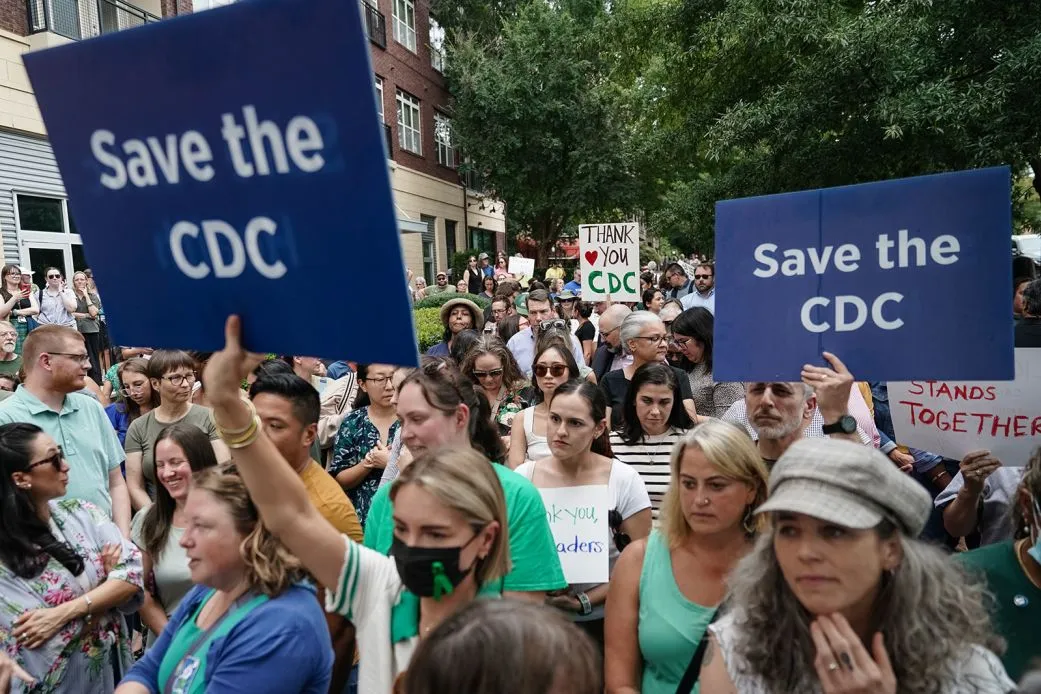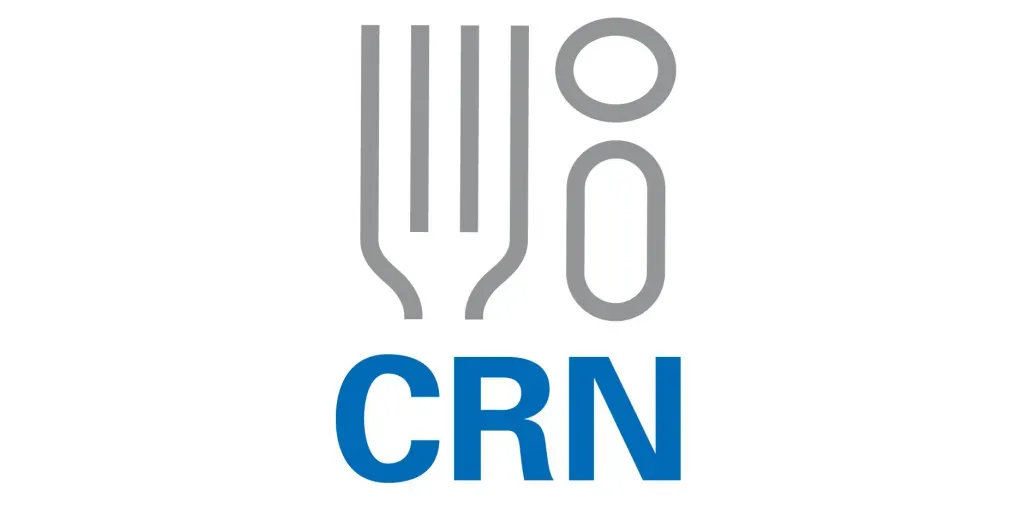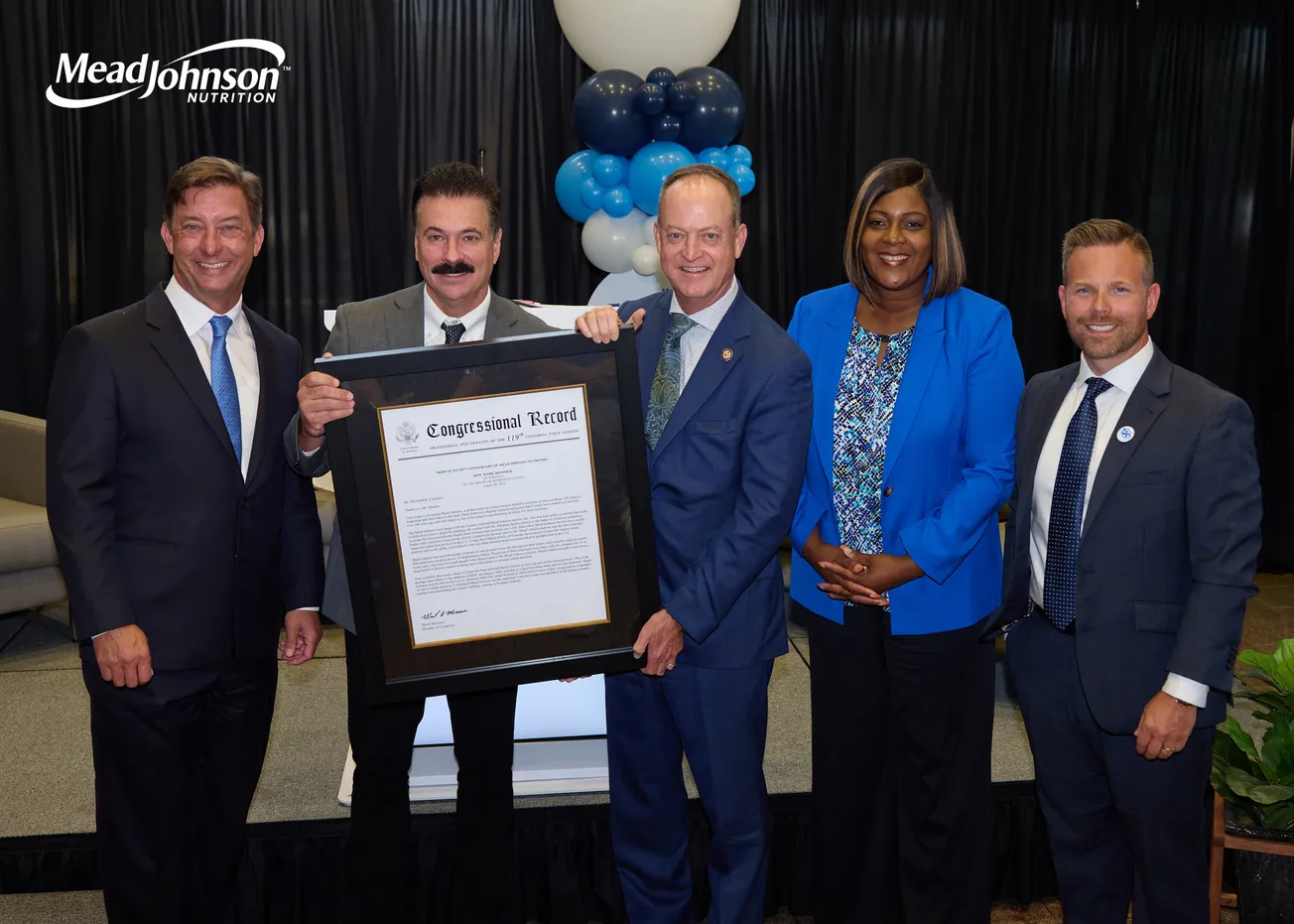
Senate finance committee ranking member Ron Wyden (D, Or., left); former NACDS chairman and current NACDS Board member John Standley, chairman and CEO of Rite Aid Corporation; and NACDS board member Craig Painter, executive chairman of the board at Kinney Drugs; at a previous NACDS RxIMPACT Day on Capitol Hill.
WASHINGTON — In a statement to the Senate Finance Committee this week on the challenges of health care and ways to improve it in rural America, the National Association of Chain Drug Stores (NACDS) honed in on the specific and key contributions pharmacy provides in rural communities.
As Congress grapples with the daunting task of finding ways to ensure all Americans have equal access to care across the country—in spite of the obstacles faced in rural areas— NACDS was able to position pharmacy as a multi-faceted solution. Noting the ongoing evolution of the healthcare system, which is affecting access to quality, affordable healthcare, NACDS pointed to the many accessible and cost-saving services pharmacists provide, including access to health tests, managing chronic conditions like diabetes and heart disease, and expanded immunization services.
Explaining that lack of pharmacist recognition by third-party payors, including Medicare and Medicaid, limits the types of services pharmacists can provide, NACDS urged support for S. 109, the Pharmacy and Medically Underserved Areas Enhancement Act. The legislation would allow Medicare Part B to utilize pharmacists by providing patients with services—subject to state scope of practice laws—that are not currently reaching them. During the hearing, Sen. Sherrod Brown (D, Ohio), a lead cosponsor of the bill, underscored the importance of passing the bill and thanked ten of his fellow Committee members for cosponsoring the legislation.
As the nation contends with finding solutions to the national opioid abuse epidemic, NACDS provided compelling examples of the role pharmacy can play in combating the crisis. Rural areas are particularly affected, with the Centers for Disease Control and Prevention announcing in 2017 that the rates of drug overdose deaths are rising in rural areas, surpassing rates in urban areas. NACDS stated that pharmacists should be utilized “at the top of their training in fighting the opioid crisis.” NACDS outlined several ways pharmacists can be part of the solution, including increasing access to Naloxone, a medication that reverses opioid overdoes, assisting physicians with opioid treatment programs, and increased use of pharmacogenomic testing to determine the right pain medication and dosing.








